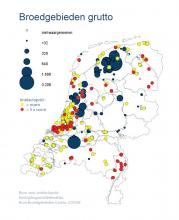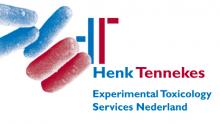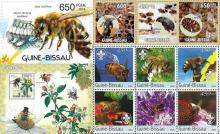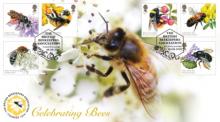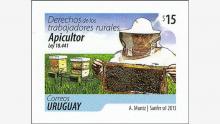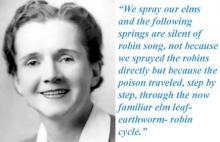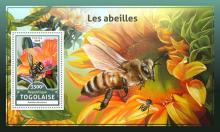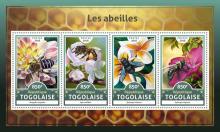Schandalige berichtgeving van het CBS over de oorzaken van de achteruitgang weidevogels
Het gaat slecht met de meeste weidevogelsoorten in Nederland. Dat blijkt uit een analyse van de meest recente cijfers van de Nederlandse weidevogelstand door CBS en Sovon Vogelonderzoek Nederland. Het verdwijnen van weidevogels hangt volgens CBS samen met de schaalvergroting en intensivering in de landbouw. Enerzijds gaat het daarbij om directe verliezen van nesten en kuikens doordat bijvoorbeeld steeds vroeger en vaker gemaaid wordt.

